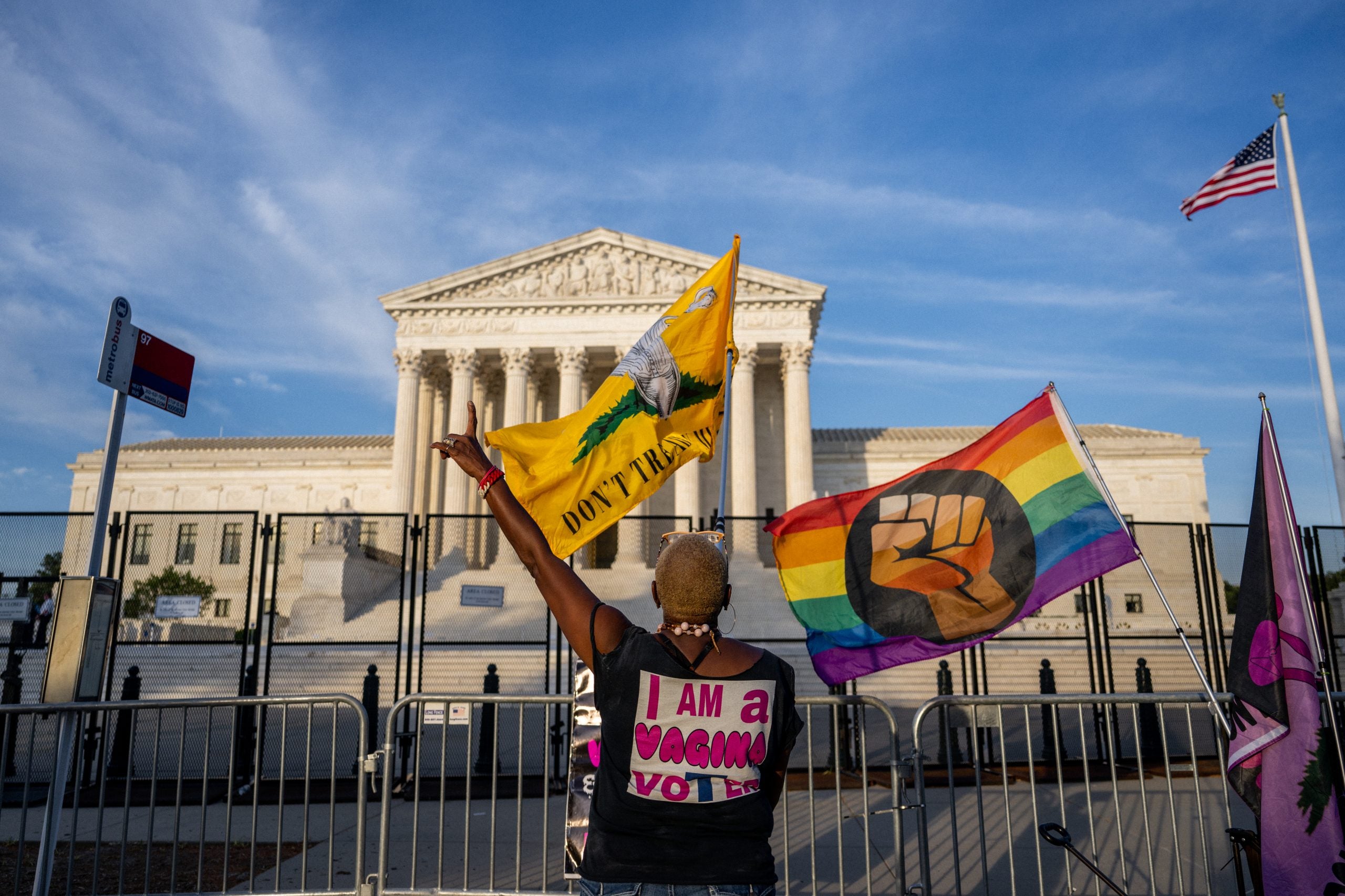
Rep. Sara Jacobs (D-CA), Sen. Mazie Hirono (D-HI), and Sen. Ron Wyden (D-OR) introduced legislation on Tuesday that would ban companies from collecting, retaining and disclosing data about individuals’ personal reproductive or sexual health without consent.
The My Body, My Data Act would protect personal data collected by companies and entities that are not currently covered by the Health Insurance Portability and Accountability Act (HIPAA), including data collected by cellphones, search engines and apps. The bill would also give individuals the power to access and delete their personal reproductive health information, as well as the power to sue companies for violations of the law.
The legislation was drafted in response to the recent leak of the Supreme Court’s draft opinion to overturn Roe v. Wade, a decision that would trigger severe restrictions and abortion bans in many U.S. states.
The leaked Supreme Court draft decision has raised concerns that data collected by websites and apps could be used to target or arrest people if abortion is criminalized; this includes search histories, location data and reproductive health data collected by menstruation, ovulation and pregnancy-tracking apps. The new bill aims to protect people who use such apps or are seeking information about reproductive health services.
“Since the Supreme Court leak, I’ve heard from so many people who are panicked about their personal reproductive health data falling into the wrong hands. The My Body, My Data Act will protect that information, protect our privacy, and reaffirm our rights to make our own decisions about our bodies,” Jacobs said in a press release earlier this month.
“As a young woman, reproductive health care is my health care. And like tens of millions of Americans, I’ve used period-tracking apps to help manage my reproductive health. It’s unconscionable that information could be turned over to the government or sold to the highest bidder and weaponized against us, and especially against low-income people and people of color who will be most impacted if Roe is overturned.”
According to the press release, The My Body, My Data Act would direct the Federal Trade Commission (FTC) to enforce the law and to develop rules to implement it, as well as require regulated entities to “develop and share a privacy policy outlining how they collect, retain, use and disclose personal reproductive health information.”
Several national organizations are in support of the bill, including Planned Parenthood, NARAL, National Abortion Federation, Unite for Reproductive & Gender Equity (URGE), National Partnership for Women & Families and Feminist Majority. The bill is also co-sponsored by Senate Commerce, Science and Transportation Committee Chairwoman Maria Cantwell.
The press release states that the bill is the first Congressional action to strengthen digital privacy and protect personal reproductive health information specifically.
“Right now, there is no real protection in place for this type of data,” Jacobs told The Hill. “This is some of the most sensitive and personal data that exists. It deserves the highest level of privacy protection that the government can provide, and that’s what our bill does.”